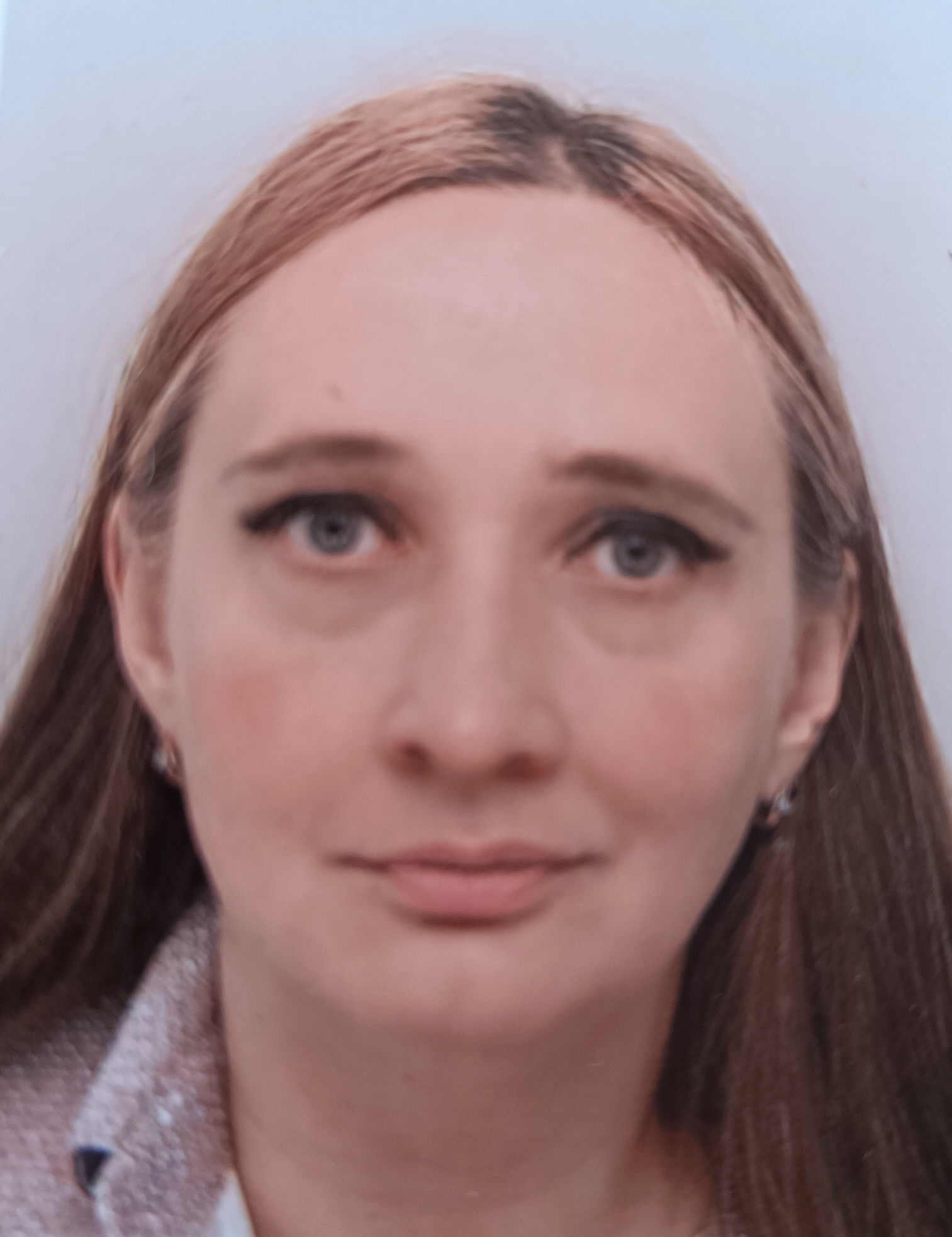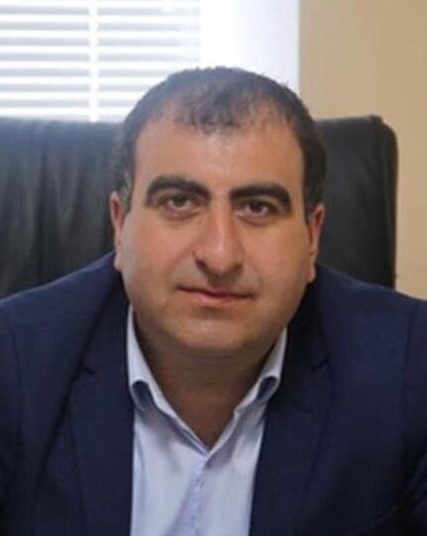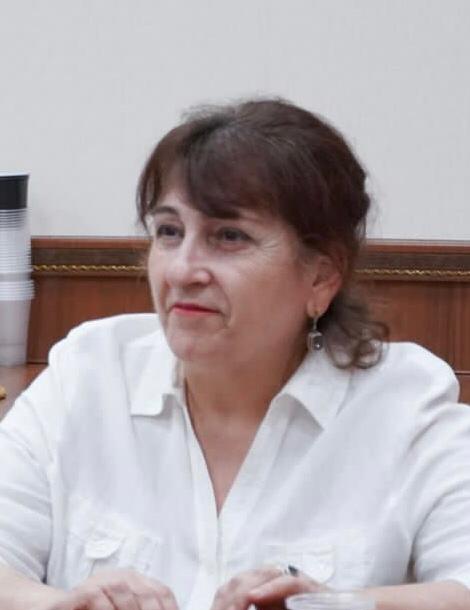The gender aspect of religious and ritual life in the North Caucasus during the pre-revolutionary period has not been studied by researchers and today requires further study. A study of female roles in the spiritual sphere reveals that, despite women’s exclusion from public religious activities, attempts to suppress female magical rituals during the time of increasing Islamization under Imam Shamil were made, while the role of women in pre-Islamic ritual practices and during the initial period after Islam adoption was significant but at the same time hidden from outsiders. Women’s ritual activities were an integral part of daily life. This paper is based on an analysis of publications and archival materials from researchers from the region during the 18th – early 20th centuries. In the work, we typologize publications and archival materials according to the subject of interest and the type of description of women's practices within the concept of “restrictions” and the attitude towards these practices as remnants of paganism and pre-Islamic beliefs as a reflection of the early stages of the formation of “folk Islam” in the region. This study will allow us to see the previously hidden (and intentionally hidden) aspects of religious life in society. The work presents a comparative analysis of external view on spiritual and ritual practices and their self-perceptions within Caucasian society. It reveals the female role in spiritual life and ritual practices within the region, allowing us to say that women played a significant role in religion and rituals, including public ones, in pre-revolutionary society, which became local versions of “folk Islam” and its non-public daily practices.
Key words: Islam, gender, religion, women’s activity, religious practice, North Caucasus, Sufism, syncretism
DOI: 10.22250/2072-8662-2025-1-34-43
About the authors
 |
Saida V. Sirazhudinova – PhD (Political Science), Assistant Professor at the Department of Humanities, Dagestan State University of National Economy; 5 Ataeva st., Makhachkala, Republic of Dagestan, 367008, Russia; This email address is being protected from spambots. You need JavaScript enabled to view it. |
 |
Yusup M. Huseynov – DSc (History), Professor at the Department of Humanities, Dagestan State University of National Economy, 5 Ataeva st., Makhachkala, Republic of Dagestan, 367008, Russia; This email address is being protected from spambots. You need JavaScript enabled to view it. |
 |
Oksana S. Mutieva – DSc (History), Professor at the Department of National History, Dagestan State University; 43a Gadzhieva st., Makhachkala, Republic of Dagestan, 367008, Russia; This email address is being protected from spambots. You need JavaScript enabled to view it. |






